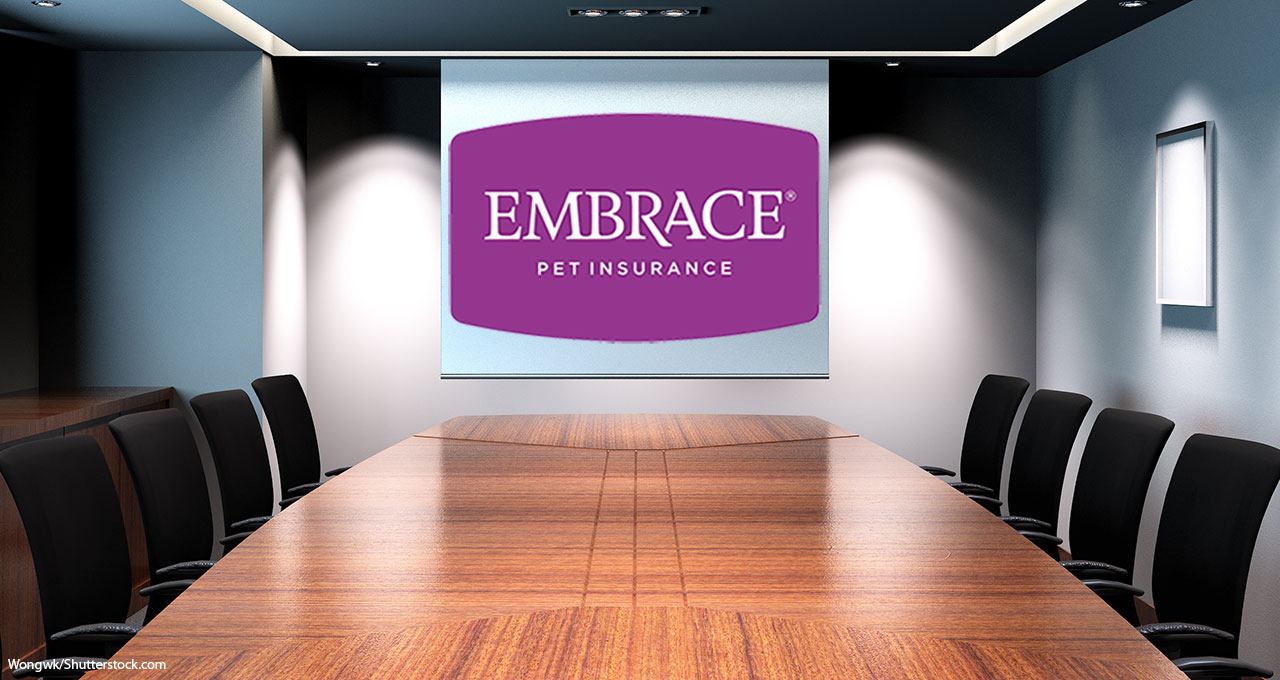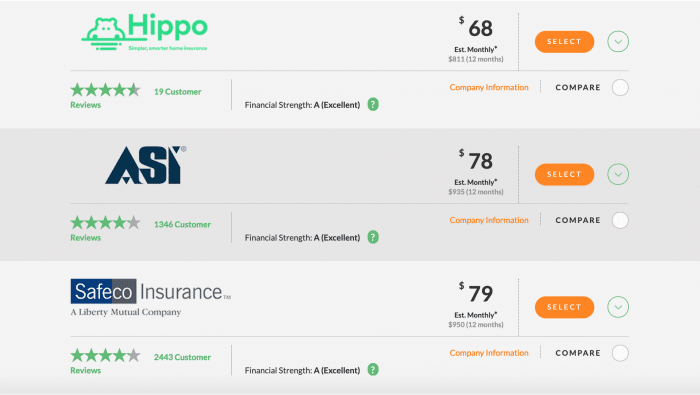
Vets insurance is a great way to keep your pets safe. You can also get insurance to protect your practice in case of an unplanned event. For example, a vet's office can be damaged by fire, or an animal can clog a drain. These types of incidents can lead to high vet bills. You can be sure that your staff and assets will be covered with a veterinary insurance policy.
American Veterinary Medical Association - AVMA is a top organization for veterinary doctors and offers a variety insurance options. They can help find the right policy for you and your assets.
If you run a small veterinary practice, you need insurance. You can protect yourself and your business against many risks, from income loss to legal action. A good veterinary insurance policy will help you keep your practice safe and allow you to be more focused on your company.
The "key person absent" coverage is a common protection in pet insurance. Your veterinarian will always be there for your pet in an emergency. This is not an option that will always be available.

Liability insurance is another feature that is common in pet insurance. Liability insurance helps protect your business against lawsuits, damage or injury to your property and employees.
The vet fee coverage is the most important aspect of a vet insurance policy. You can choose to cover your pet's vet bills or not. Your vet will get a percentage of your total vet bill if you pay your co-pay and deductible.
Another important aspect to look out for in a vets insurer policy is the cost and the deductable. Most policies will take a percentage off the total treatment claim. This usually is a small percentage. Some policies do not cover pre-existing medical conditions. Before signing up, ensure you read through the terms.
There are many types of pet insurance. However, they all offer one benefit. The insurance covers a pet's veterinary fees for certain conditions, or multiple conditions. Some insurance companies will only pay the copay, while others will subtract the entire deductible. To get the best deal, shop around and compare quotes from several companies.
No matter how small your practice may be, it is worth purchasing a policy that covers veterinary surgery. Many of the policies offered will be tailored to your specific needs.

Even the most comprehensive plans have their limitations. A typical policy only covers the smallest medical claim, and you may have to wait a few years before you can qualify for benefits. Some policies cover only a small number of conditions and don't provide laboratory testing outside of a hospital.
Keep in mind that your insurance company won't be able to cover you if you have a pre-existing medical condition. When you are signing up for insurance, be sure to tell your vet about it.